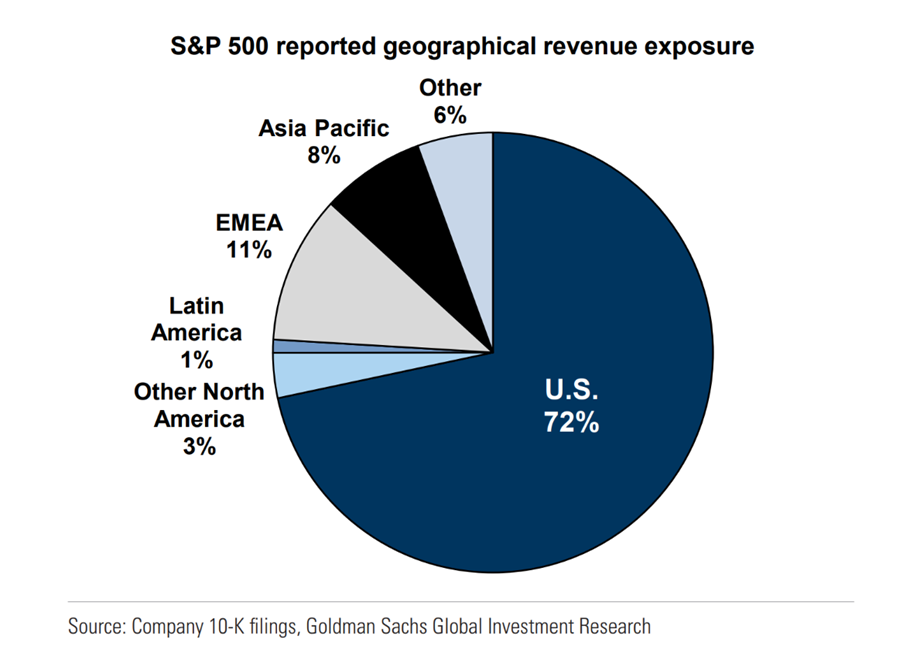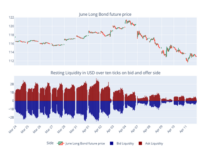The inevitable effect of increased tariffs imposed by the US markets on trade partners – which may include the European Union, Canada and Mexico – will certainly be to drive down stocks in the most affected industries. In certain sectors such as motor vehicles, there will also be some impact on debt markets as well.
However, the clearest potential impact on bond markets will be the effect on interest rates.
“Some investors have expressed the concern that tariffs might lead to higher interest rates, weighing further on equity valuations,” noted Goldman Sachs analysts in a research note published 2 February. “Our economists believe that upside risk to inflation will likely cause a short-term increase in yields, particularly on the short end of the curve. However, they expect that ultimately the downside risk to the economic growth outlook posed by trade conflict will prevent a major increase in long-term yields.”

Other sell side analysts have also observed that rate changes are the most direct area of any inflationary effects, outside of FX markets which are already being affected.
Nomura’s FX analysts wrote on 2 February, “Markets will be focused on the negative growth and higher inflation implications from tariffs, and supports further our US economics team’s view that the Fed will not cut rates again this year (the market is currently pricing 47bp of Fed rate cuts by end-2025). Taking these factors, in combination with US economic outperformance and US exceptionalism, into account, we expect the stronger USD path to remain in place.”
©Markets Media Europe 2025


























